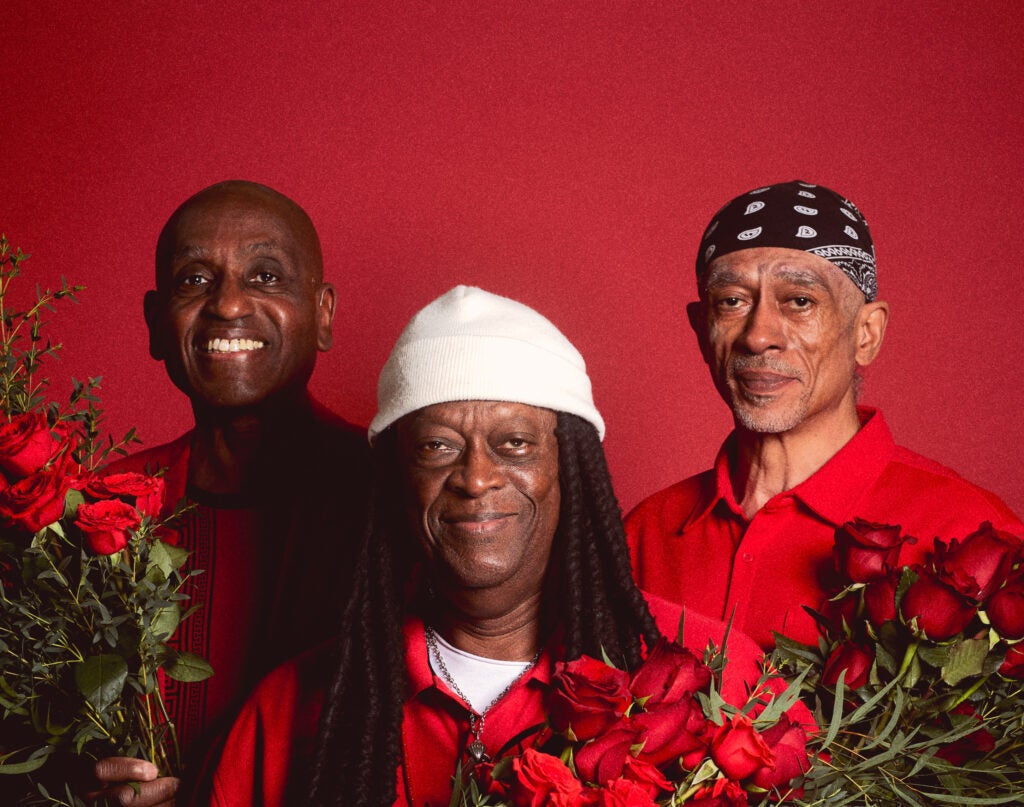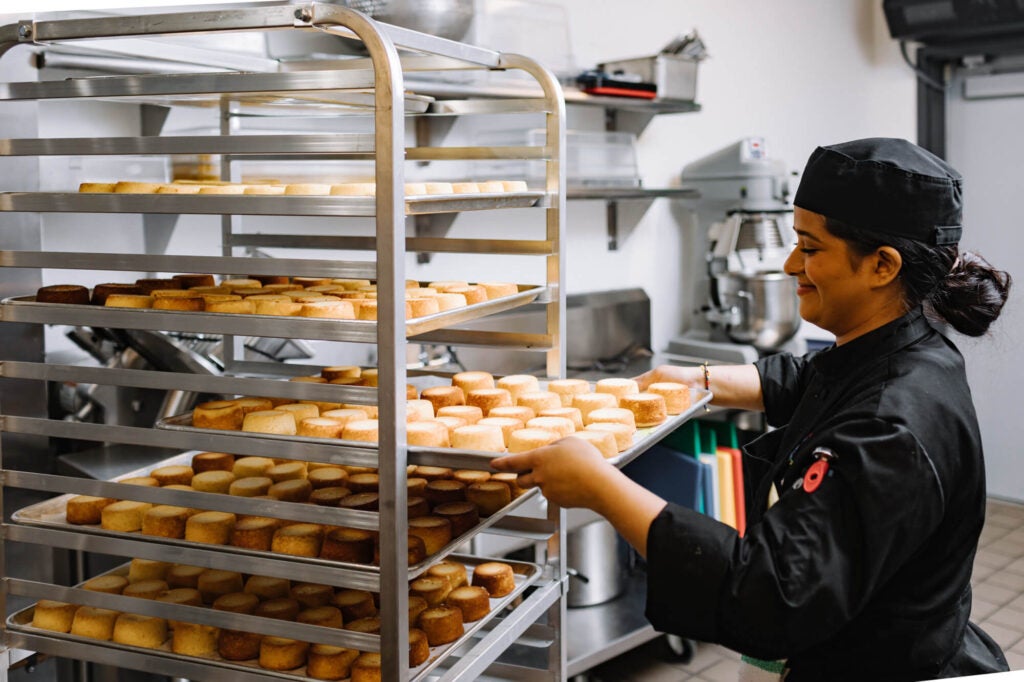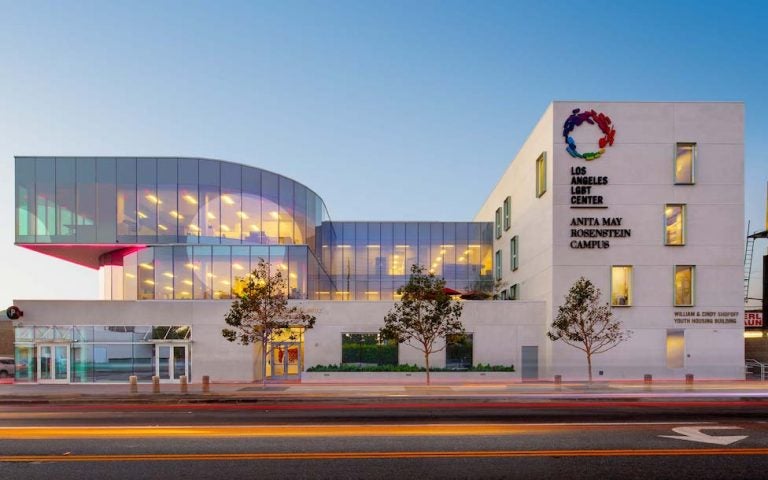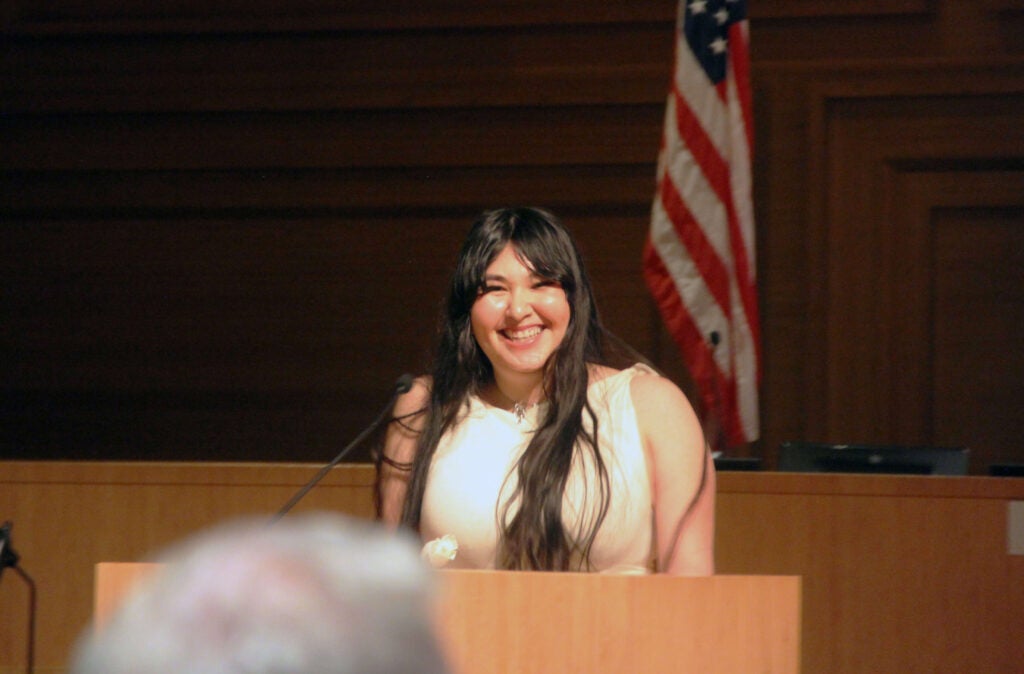February is Black History Month, and it’s often seen as an occasion to acknowledge and pay respects to the social movements and historical figures who came before us. But for the Center’s Chief Equity Officer, Giovanna Fischer, history isn’t confined to the past.
“We live in a world, a country that hasn’t historically been in favor of uplifting and celebrating Black life,” Fischer says. “But we deserve celebration and acknowledgement and honor; our lives and experiences deserve this intentional space.”
Yes, history exists in the past. But it also exists in the present, being written in the lives and experiences of the people and communities around us. It exists in the future, too, as it’s being dreamed up in the hearts and minds of the thinkers and artists and everyday people who hope for a better future.
We deserve celebration and acknowledgement and honor; our lives and experiences deserve this intentional space.
Giovanna Fischer, Chief Equity Officer, Los Angeles LGBT Center
It’s that idea that drives Fischer’s work as Chief Equity Officer and the Center’s upcoming Black History Month community event, Highly Favored. The newly rebranded event will feature an award presentation with the iconic Black entertainer Raven-Symoné, a mini-ball curated by LA ballroom icons the House of Marc Jacobs, and a gallery installation that invokes ideas of play, leisure, and abundance.
“There’s something about choosing something that feels like an affirmation as the name for this event,” Fischer says. “It means that people actually have to read it and say it out loud. There’s a power in that. It almost feels like I’m being anointed when I say it. Like it’s giving you permission to feel yourself and be in your power.”
You can read more from Fischer below, and learn more about Highly Favored or get tickets here.
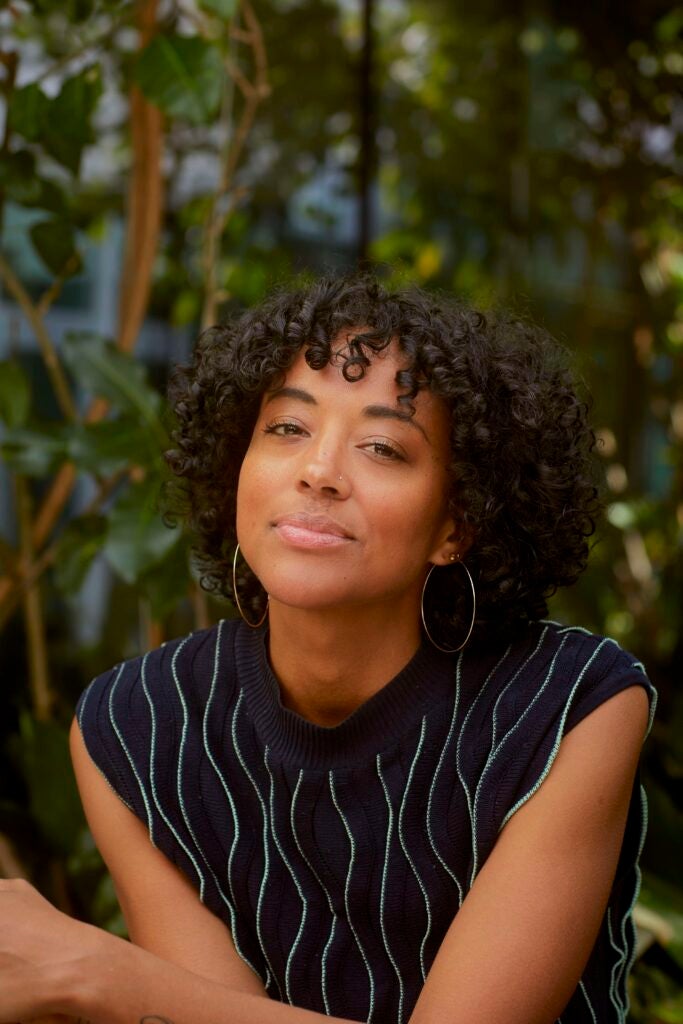
Why is it important that we celebrate Black History Month?
You know, on the one hand, yes, we should celebrate Black history all the time. But there’s something special that comes from calling it out and giving it space. Especially when that space hasn’t existed before. We live in a world, a country that historically has been against uplifting and celebrating Black life. But we deserve celebration and acknowledgement and honor; our lives and experiences deserve this intentional space.
When we hear “Black History Month,” we tend to think of the past. But how do you see the past informing the “history” that’s happening in the present?
Nothing exists in a vacuum from one another. Yes, let’s look at history. Let’s talk about the things and people we weren’t taught about in school. Let’s talk about these social movements and how they inform our lives now. It’s all in relationship with the present, and the future is really, really important as well. I’m a huge proponent of intergenerational dialogue—we definitely need more intergenerational spaces. But it’s a reciprocal thing. I want young folks to hear what our elders have to say. I want our elders to hear what young Black folks are experiencing. We always need to be in conversation. That’s how we make progress.
What are some of the ways Black history intersects with LGBTQ+ history and the queer movements happening today?
I think “queer,” in principle, asks us to kind of disrupt binaries and disrupt the ways we’ve been categorized. I think if we apply a queer sensibility to how we think about Black History Month, it invites us to think about it a little more creatively. What happens if it’s not just history that we’re looking at? Let’s lean into the relationship between past, present, and future. One of my favorite thinkers is historian and activist Robin D.G. Kelly, currently at UCLA. His research spans social movements, Black surrealists, and the life of Thelonious Monk. He has this book called Freedom Dreams: The Black Radical Imagination, where he puts thinkers and artists in the same pool as folks who were deeply ingrained in political movement work. He raises this idea of the imagination as a tool of resistance, a tool of liberation. I think of some of my favorite artists—I love house music, disco, and that space was very much a centerpiece for the queer community. There were many Black folks, like Sylvester, who created a culture that made people feel free, even if it was just for a few hours a night. That’s something that queer folks really understood and valued. We have fought and fought and fought, but that doesn’t cancel out our need or desire to play or to find joy—it supplements it. It is in relationship with the resistance.
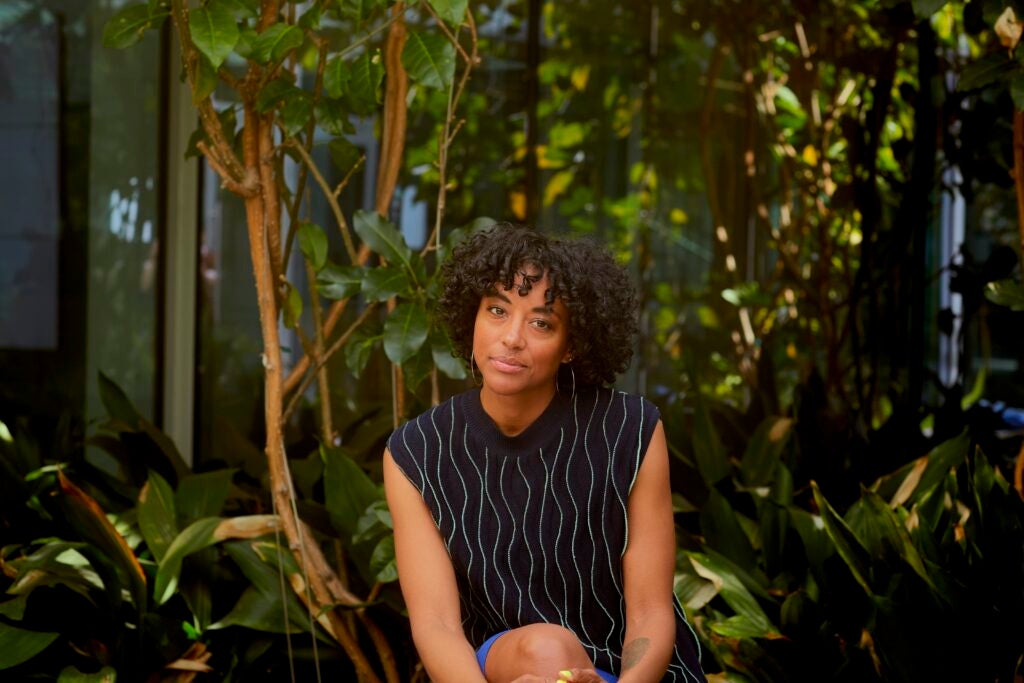
How do you see that idea informing your work as Chief Equity Officer at the Center and events like Highly Favored?
I refuse to let imagination and joy be relegated to the sidelines here at the Center, because that is very much part of the movement work. It is part of moving ahead and pushing forward the work we do. It doesn’t mean we’re forsaking the fight or not living in acknowledgment of hard realities. The reality is that Black and brown trans women are dying—being killed. These deaths are not being reported, these deaths are silenced, their lives are not valued. That is the reality. So when we think about designing a future where these women are centered and safe, that requires us to activate our imagination to conceptualize a different world where this isn’t true. They deserve our imagination. Otherwise, we’re not gonna be able to see that future, because it doesn’t exist.
That idea is really driving Highly Favored this year. We have this installation [at the Advocate & Gochis Galleries] that is designed to feel like a garden where Black folks can really embrace leisure and imagination. In Black History Month, especially, we deserve to give ourselves a space where we can experience play and wonder and joy and rest. This is required for us to access the capacity to vision
Looking beyond Highly Favored, can you talk a little bit more about your work as the Center’s Chief Equity Officer and your vision for the future?
At the foundation, people should feel proud to work here. I want people to feel connected to their work and empowered by it. In order for that to happen, you need to be able to bring your whole self to work. And that doesn’t mean your self is going to go unchecked, because we are all in process. We are all learning. But I hope that working here inspires people to crack open those ideas and feelings in themselves. I think of equity work as the work of changing culture. And people have to feel safe before they can open up and be touched by something and touched by one another—the beginnings of change.
As we were creating the equity framework for the Center, I was thinking a lot about care and about justice. I was thinking about the folks who exist at the nexus of oppression. How do we center those folks in the design of our work? Even something as simple as a meeting agenda, or a community program, or our pharmacy’s processes and protocols. What does the waiting room at our clinic look like? Some of that is a little lofty, but again, it’s this idea that we deserve imagination. Imagination is required to create a different future. What does it mean to center trans folks of color, to actively disrupt our ableist learnings and center folks with disabilities,and to center folks who speak languages other than English? What does it truly mean to make a space where they feel at ease? How do we create opportunities for those folks to feel celebrated and invested in? The work is committing to contending with this and having these conversations. I’m just a facilitator in this work, I’m here to encourage us to think in those ways so we can design and redesign our world in ways that work for everyone.
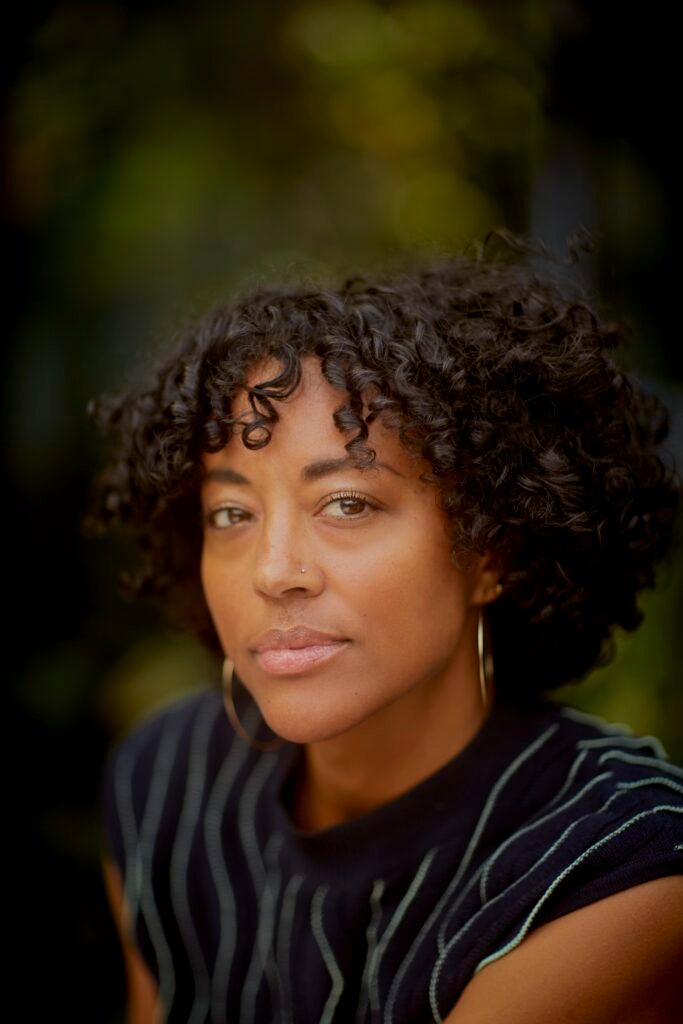
Read More
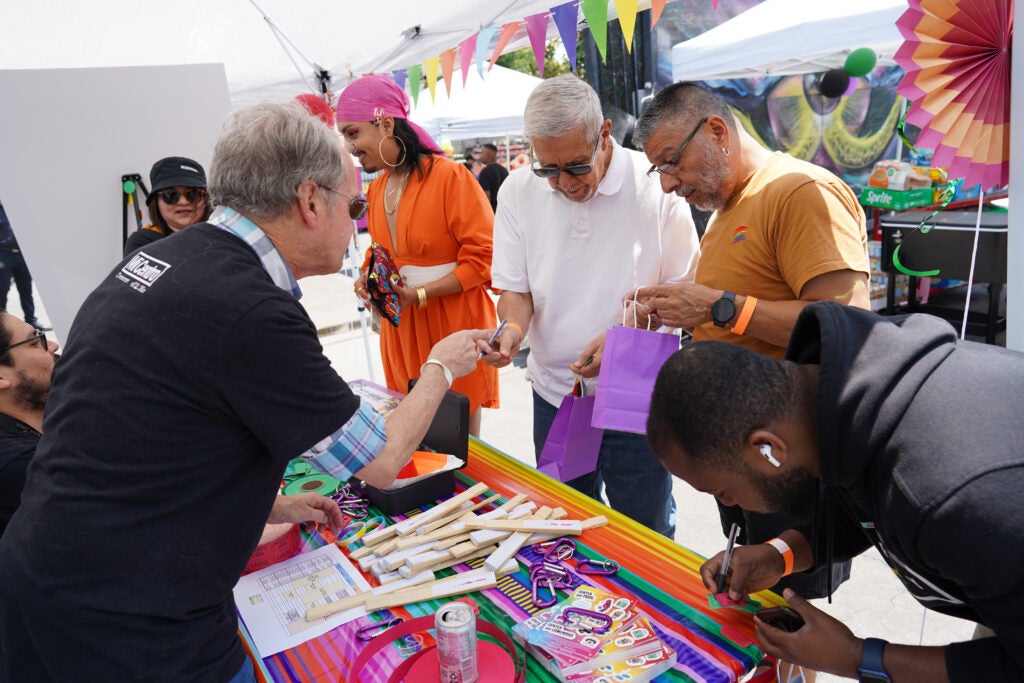
“Small But Mighty”: Eastside’s Mi Centro Shaping Up as One-Stop Shop for LGBTQ+ Refugees
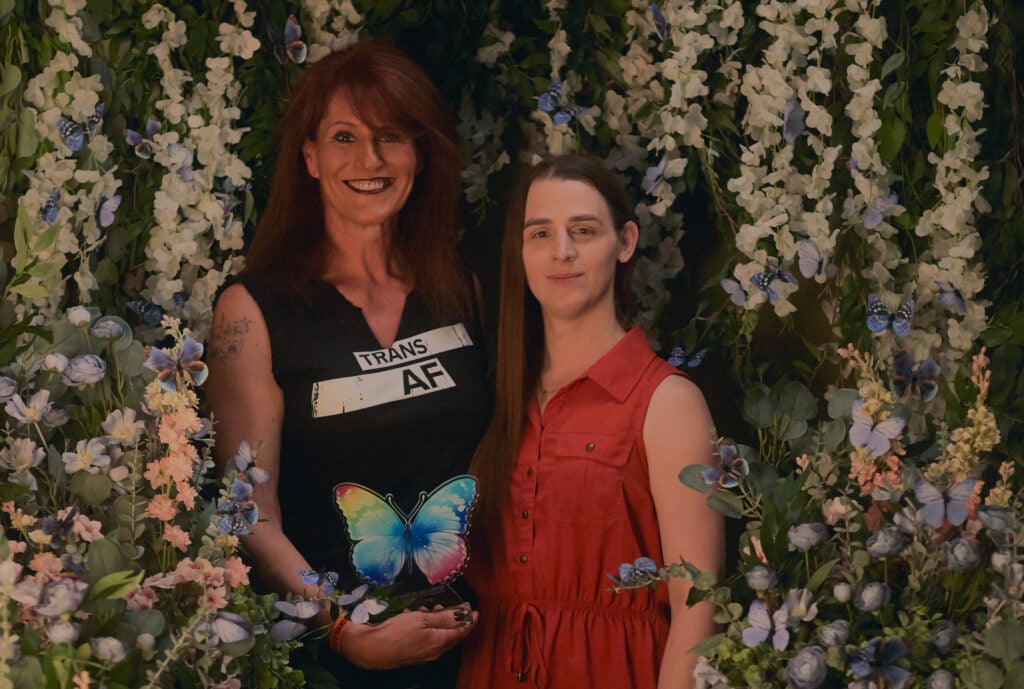
“We Are Immense, and We Are Abundant”: Trans Pride LA Organizer Gina Bigham Looks Back on a Decade-Plus of Highlights and the Biggest Trans Pride Yet
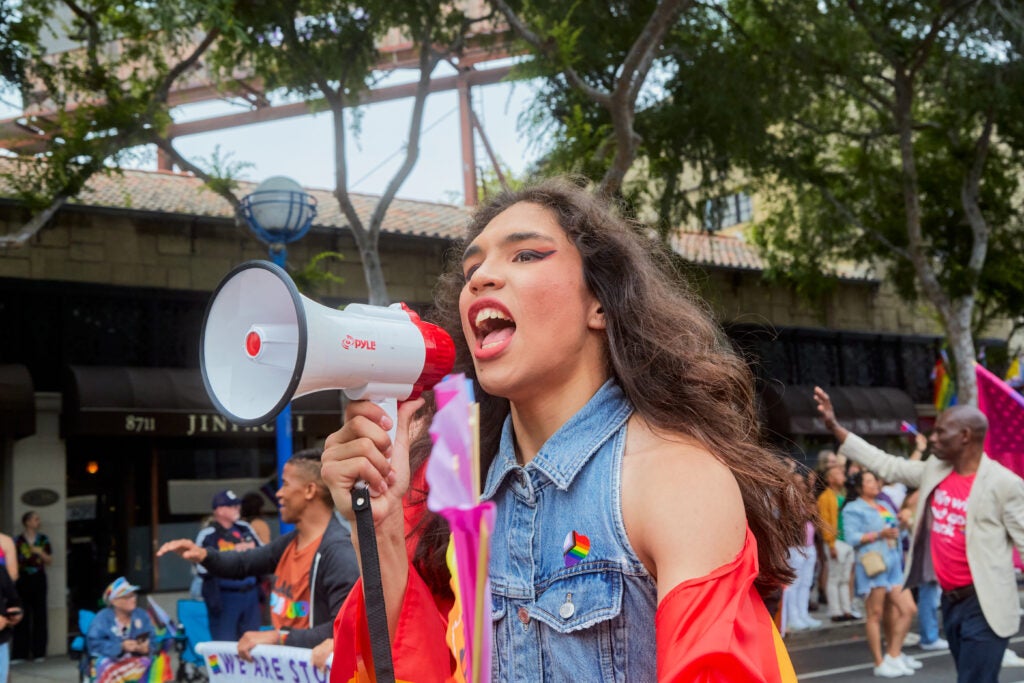
How Los Angeles Became the Newest Target in the War on LGBTQ+ Education
